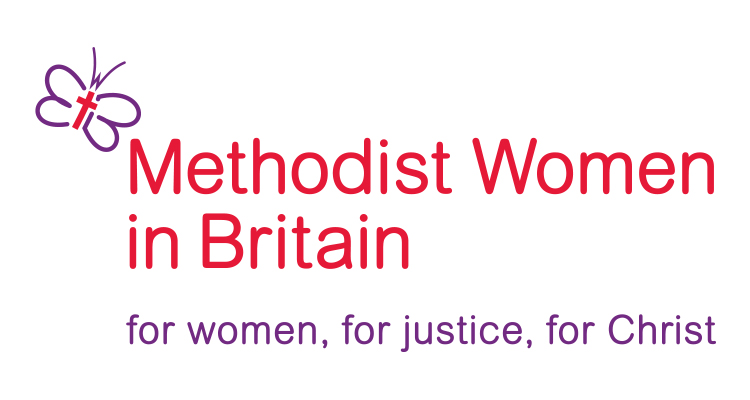
The neighbour-women gave him a name, saying, “A son has been born to Naomi!”
So they named him Obed. He is the father of Jesse, the father of David.
[Ruth 4: 17]
The story in the book of Ruth ends with Naomi’s life being restored. She has lost her husband and sons, and although they can never be replaced, she has a new son in Obed. The name Obed means ‘worshipper’, and is a mirror of how Naomi now feels – no longer bitter and resentful, but full of worship.
It’s interesting that the writer puts it this way; after all, Ruth and Boaz have a baby, not Naomi. Yet in the culture of the time, as the widow of one of Naomi’s sons, when Ruth had a son by her new husband, it would have been classed as a son of her dead husband, therefore a grandson of Naomi, and entitled to all that Naomi’s son owned. He would also be responsible for Naomi, as a woman in his household.
The end of the story reminds us that even when all seems lost, God is still with us, as other people are still with us. During the pandemic, many have felt alone, abandoned and depressed, feeling as if there is no way out, no way through. But the end of the story of Ruth reminds us that even when it seems impossible, God is still looking out for us – as are other people – even when we don’t recognise it.
God of love
You are always with us and you never leave us;
Even when we feel that we are all alone,
That no one cares and no one notices us,
You are there and you notice us.
Help us to notice those around us –
Those who feel alone and isolated,
Those who feel unloved and forgotten;
Help us to show that they are loved,
That we are there for them.
Amen.
You can download this Prayer for the Week here
Weekly Prayers for June written by Revd Claire Rawlinson
Image: photo by by Perry Grone on Unsplash




